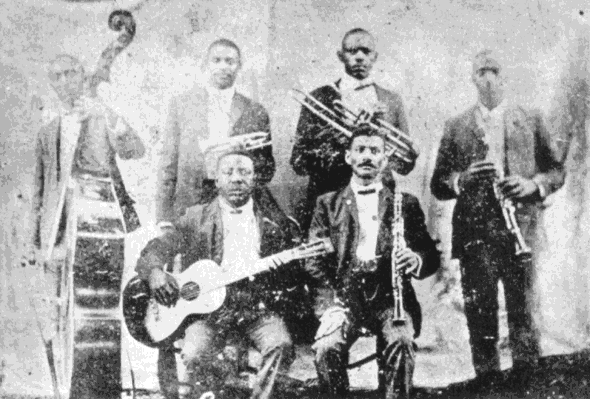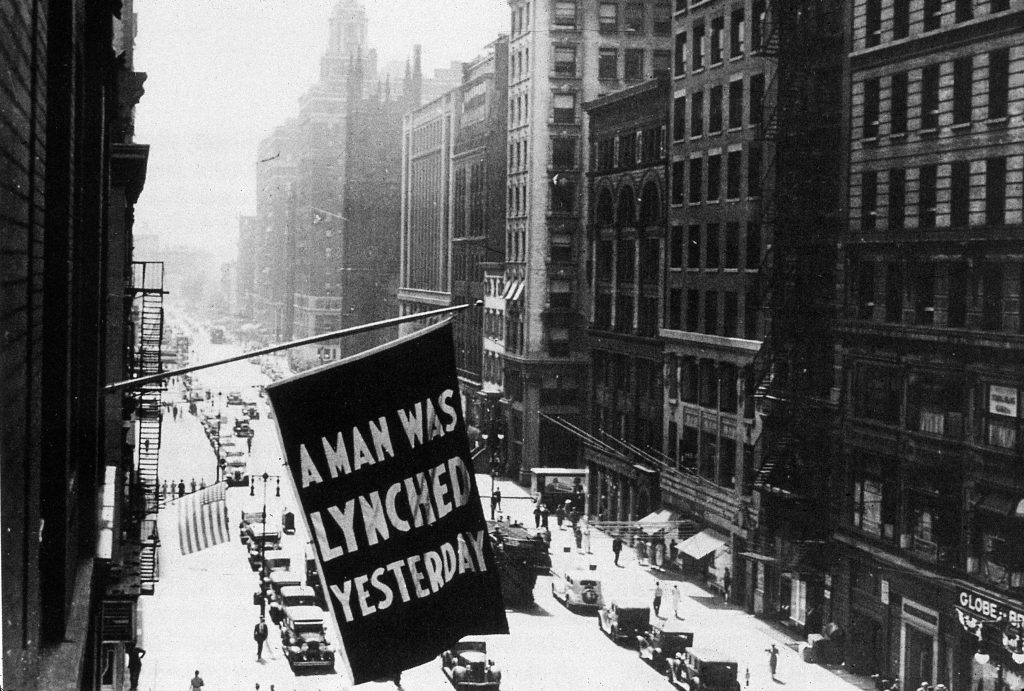Editor's Note: Have your own letter to the editor? Send it to editor@americanheritage.com!
To the editors,
Among the many nuggets embedded in your feature (February/March 2021) inviting ten historians to offer assessments of the Trump presidency with special attention on the events outside the Capitol on January 6th, one in particular caught my eye. David Stewart is worried that "we have not yet reached a turning point in dealing with the forces unleashed by Trump's constant agitation."
Valid concern, as far as it goes, but is there a need to do more, much more, than simply wait for the Trump venom to course through our body politic? Do we need to consider a more drastic national craniotomy to resolve the current paralysis, changes that will refresh our elections and bring long-term vitality to our governance?



